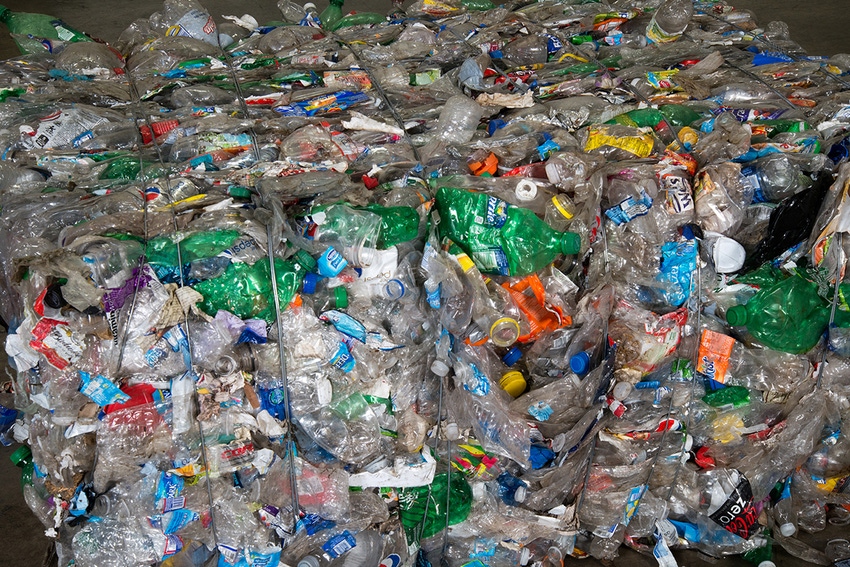Phoenix Technologies Identifies 50% rPET as Target Bottle Goal
The company noted the real challenge is to increase the number of bottles that make their way into recycling facilities.

Fifty percent is the ideal recycled bottle content to help meet sustainability objectives and avoid compromising the recycling stream for future lifecycles, according to Phoenix Technologies International, a global producer of polyethylene terephthalate (rPET).
“Several major companies have committed to 100 percent reusable, recyclable or compostable packaging by 2025 or earlier,” said Ron Ott, president and chief operating officer of Phoenix Technologies, in a statement. “With sustainability activities ramping up among many more companies across the globe, it’s important to understand how those efforts will be impacted by material availability, and also what the impact of higher recycling content levels will be on future lifecycles.”
According to NAPCOR, the 2016 PET bottle recycling rate was 28.4 percent, which means that roughly three out of four PET bottles are never collected. Approximately 40 percent of the material that is collected is processed into textiles and carpet. The end result is only one in seven post-consumer bottles are reprocessed into next-generation rPET flake for use in new bottles.
In addition to the recycling statistics, the other important factor is aesthetics, noted the company. When bottles start moving closer to 100 percent rPET content, yellowing and hazing may occur.
“Bottles that use 50 percent rPET are still 50 percent virgin,” said Ott. “Because that percentage is still relatively low, when you introduce those bottles into the recycling stream, we anticipate minimal visual impact on subsequent lifecycles. The same doesn’t hold true when bottles are at 100 percent rPET.”
However, the real challenge for brand owners and their consumers is to increase the number of bottles that make their way into recycling facilities. Doing so will have a positive impact on the amount of recycled content available and will minimize impact on landfill, oceans and litter.
“Phoenix is already processing approximately one out of every 20 collected PET bottles into rPET,” said Ott. “The current recycling rate would need to triple in order to have enough material to produce 50 percent rPET bottles across all product categories. We encourage everyone to do their part to make sure that number increases, so that there are enough bales to process in order to meet both current and future demand.”
About the Author(s)
You May Also Like


